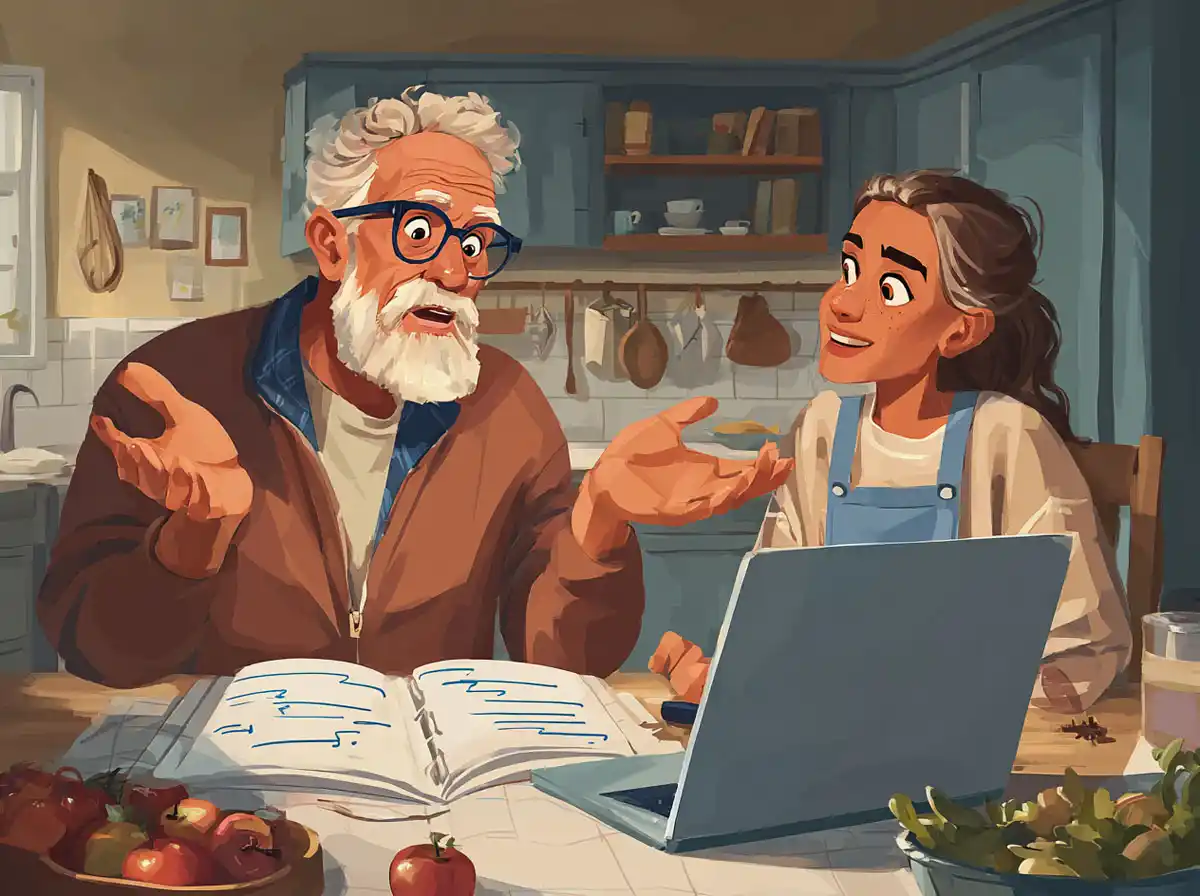Greetings and Basic Politeness
A simple ‘hello’ can be a great start. In Polish, “Dzień dobry” (Good day) is widely used during the day. From morning until early afternoon, you can also use “Dzień dobry”, and from the late afternoon until the evening, “Dobry wieczór” (Good evening) is appropriate.
When it comes to general politeness, saying please and thank you is as important in Polish as in any other language. To say please, you use “Proszę”, and to say thank you, you say “Dziękuję”. These words can help smooth over almost any social situation and are often appreciated by Polish speakers.
When you receive a service or a favor, expressing gratitude is important. You might say:
– “Bardzo dziękuję za pomoc.” (Thank you very much for your help.)
– “Dziękuję Ci bardzo.” (Thank you so much.)
Apologies and Excuses
Knowing how to apologize is also crucial in maintaining politeness. The most common way to say sorry is “Przepraszam”. This can be used both for “excuse me” and “I am sorry”:
– “Przepraszam, że się spóźniłem.” (Sorry I am late.)
– “Przepraszam, czy możesz mi pomóc?” (Excuse me, can you help me?)
If you’re in a situation where you need to get past someone or attract someone’s attention, “Przepraszam” works effectively.
Asking for Permission
Politeness extends significantly to the way permissions are asked. To respectfully ask for permission in Polish, you might use:
– “Czy mogę wejść?” (May I come in?)
– “Czy mogę to wziąć?” (May I take this?)
These phrases show respect for the other person’s space and belongings, which is highly valued in Polish culture.
Making Requests
Making requests politely can greatly impact the way your request is received. A polite way to ask for something is to include “could you” or “would you mind”:
– “Czy mógłbyś mi podać sól?” (Could you pass me the salt?)
– “Czy mógłbyś to dla mnie zrobić?” (Could you do this for me?)
Responding to Others
When responding to thanks, the typical reply is “Nie ma za co” (You’re welcome), which literally means “there’s nothing to thank for.” Another polite response is “Proszę bardzo”, which can also mean “you’re welcome” and is used to kindly accept the thanks.
Addressing People Respectfully
In Polish, addressing people by their first name can be seen as too familiar or even rude if you don’t know them well. It’s customary to use titles and surnames until a closer relationship is established. For instance:
– “Dzień dobry, Pani Kowalska.” (Good day, Mrs. Kowalska.)
– “Dziękuję, Panie Nowak.” (Thank you, Mr. Nowak.)
Leaving and Saying Goodbye
When leaving, it’s polite to say goodbye and wish the other person well. Common phrases include:
– “Do widzenia” (Goodbye, formal)
– “Do zobaczenia” (See you, informal)
– “Miłego dnia” (Have a nice day.)
In conclusion, mastering these Polish expressions of politeness will not only improve your language skills but also help you navigate social interactions more effectively. Politeness is deeply ingrained in Polish culture, and using these expressions correctly can open doors to more meaningful and respectful conversations.










